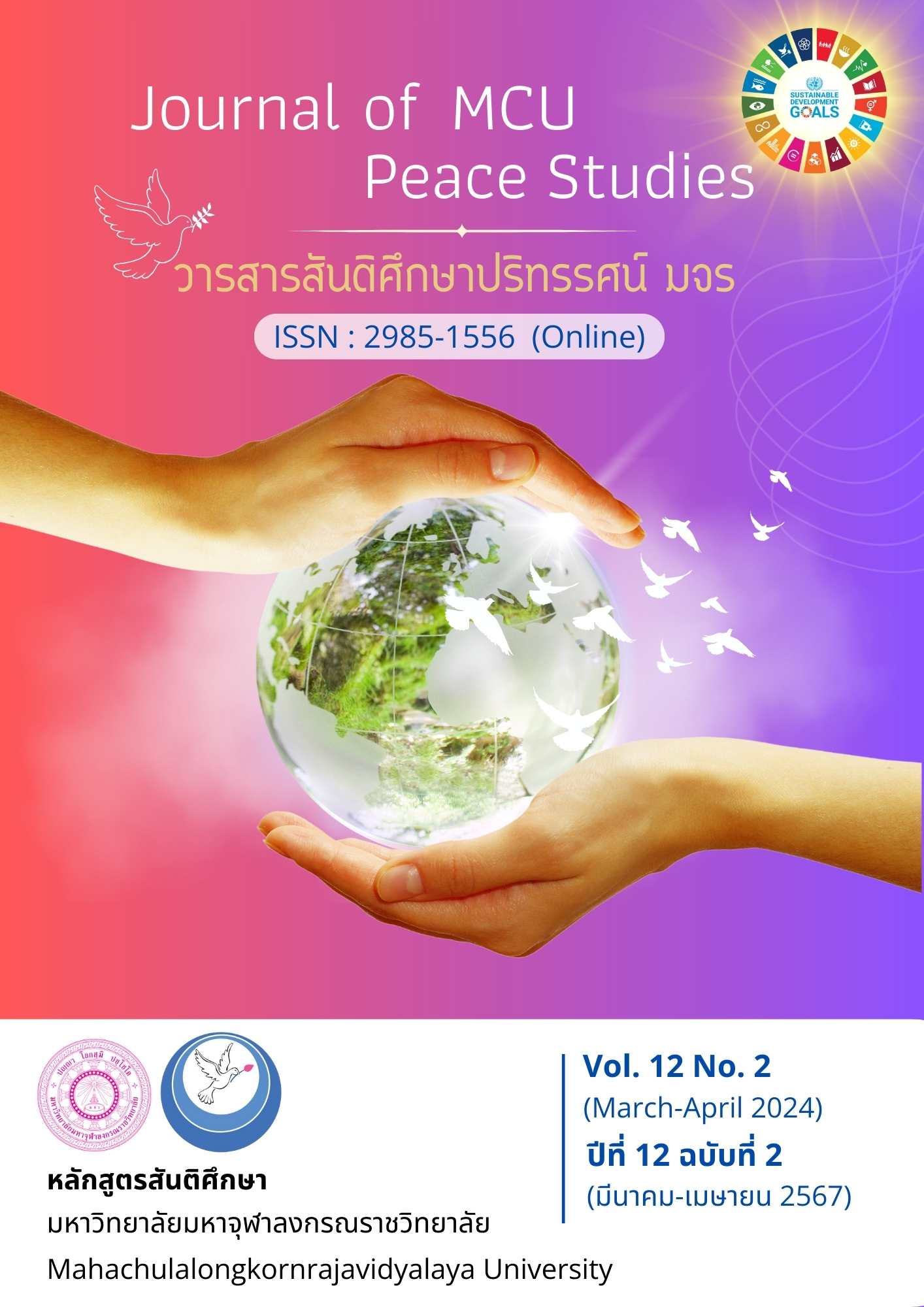A Model for Developing the Quality of Life in Elderly Residences in Metropolitan Areas
Main Article Content
Abstract
The research article consisted of the following objectives: 1) to analyze government policies related to the development of the elderly’s quality of life in terms of residence; 2) to identify problems and requirements of the elderly residences in metropolitan areas; and 3) to present a model for developing the quality of life in elderly residences in metropolitan areas. The study used a qualitative research method, with data collected through in-depth interviews with 25 persons, including a group of government policymakers concerned with the elderly, real estate developers who ran projects for the elderly, and the elderly themselves. The obtained data were analyzed for research results.
According to the findings of the study, government policies related to the improvement of the elderly's quality of life in terms of residence mostly focus on overall well-being without specifically identifying the elderly's residence. There are seven problems affecting the improvement of quality of life in elderly residences, which are as follows: 1) Policies for the elderly; 2) Economic promotion; 3) Appropriate facilities; 4) Social problems; 5) Family and mental health issues; 6) Knowledge building; and 7) Global social trends and culture comparison. As a result, a model for developing the quality of life in elderly residences in metropolitan areas must promote the development of residence that allows them to live in harmony with their families, in a place that is safe and has facilities like a hospital and an elderly club, and where they can take care of themselves. The government sectors should place a high priority on the importance of developing the body of knowledge, as well as take measures to support real estate developers who run projects for the elderly and to incentivize residents to stay, all of which will help the government address social problems and develop the economy.
Article Details

This work is licensed under a Creative Commons Attribution-NonCommercial-NoDerivatives 4.0 International License.
Views and opinions expressed in the articles published by The Journal of MCU Peace Studies, are of responsibility by such authors but not the editors and do not necessarily reflect those of the editors.
References
Bureau of Risk Communication and Health Behavior Development, Department of Disease Control. (2023). Population Statistical Data Structure by Age. Retrieved November 9, 2022, from http://stat.bora.dopa.go.th/new_stat/webPage/statByAge.php
Chamnirachakit, Th. (2019). Model for the Development of the Life Quality of the Elderly Living in Bang Phut Subdistrict District Administrative Organization, Muang District, Pathum Thani Province. The Journal of Development Administration Research, 9(3), 185-192.
Department of Older Persons. (2021). Measures to Drive the National Agenda about Aging Society. Bangkok: Ministry of Social Development and Human Security.
Foundation of Thai Gerontology Research and Development Institute. (2022). Academic Proposals for Development work Skills (Re-skill and Up-skill) to Create Income Security for the Elderly. Retrieved November 22, 2022, from https://thaitgri.org/
Jamsai, Th. (2021). Policy on Elderly Welfare in Thailand. Journal of MCU Social Development, 6(3), 1-16.
Pheansomboon, Ph., Chungsatiansup, K., & Sararum, Th. (2019). Development of Housing Modification Model for Promotion of the Elderly Life Quality. Journal of Graduate Studies Review, 14(3), 149-157.


